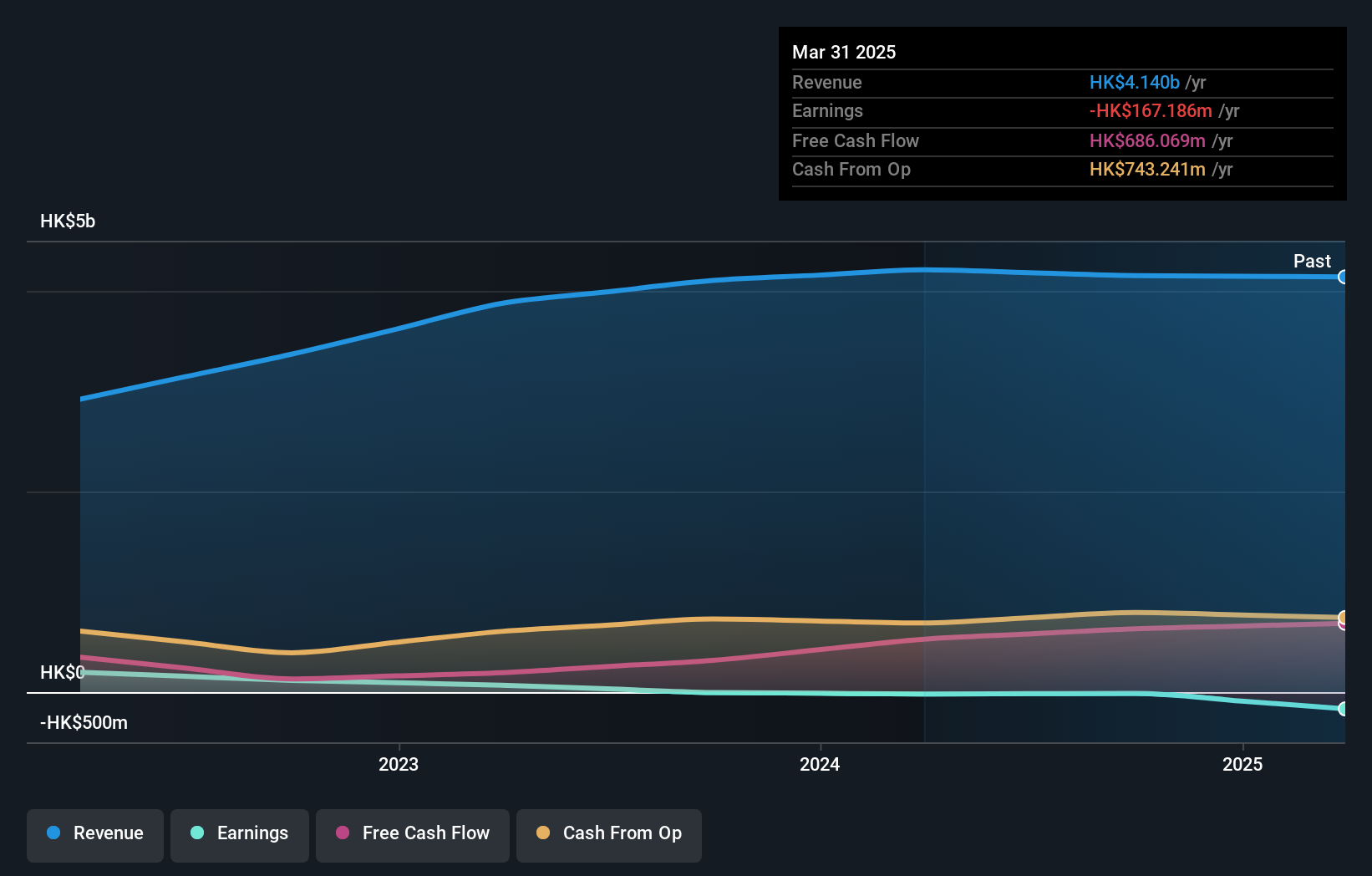- Hong Kong
- /
- Consumer Services
- /
- SEHK:2138
EC Healthcare (HKG:2138) Top Key Executive Chi Fai Tang's holdings dropped 15% in value as a result of the recent pullback
Key Insights
- Insiders appear to have a vested interest in EC Healthcare's growth, as seen by their sizeable ownership
- 61% of the company is held by a single shareholder (Chi Fai Tang)
- Ownership research, combined with past performance data can help provide a good understanding of opportunities in a stock
If you want to know who really controls EC Healthcare (HKG:2138), then you'll have to look at the makeup of its share registry. We can see that individual insiders own the lion's share in the company with 62% ownership. In other words, the group stands to gain the most (or lose the most) from their investment into the company.
And following last week's 15% decline in share price, insiders suffered the most losses.
Let's delve deeper into each type of owner of EC Healthcare, beginning with the chart below.
See our latest analysis for EC Healthcare

What Does The Institutional Ownership Tell Us About EC Healthcare?
Institutions typically measure themselves against a benchmark when reporting to their own investors, so they often become more enthusiastic about a stock once it's included in a major index. We would expect most companies to have some institutions on the register, especially if they are growing.
EC Healthcare already has institutions on the share registry. Indeed, they own a respectable stake in the company. This can indicate that the company has a certain degree of credibility in the investment community. However, it is best to be wary of relying on the supposed validation that comes with institutional investors. They too, get it wrong sometimes. When multiple institutions own a stock, there's always a risk that they are in a 'crowded trade'. When such a trade goes wrong, multiple parties may compete to sell stock fast. This risk is higher in a company without a history of growth. You can see EC Healthcare's historic earnings and revenue below, but keep in mind there's always more to the story.

EC Healthcare is not owned by hedge funds. Because actions speak louder than words, we consider it a good sign when insiders own a significant stake in a company. In EC Healthcare's case, its Top Key Executive, Chi Fai Tang, is the largest shareholder, holding 61% of shares outstanding. Goldman Sachs Group, Investment Banking and Securities Investments is the second largest shareholder owning 4.8% of common stock, and MCP Emerging Markets LLP holds about 1.7% of the company stock.
Researching institutional ownership is a good way to gauge and filter a stock's expected performance. The same can be achieved by studying analyst sentiments. Our information suggests that there isn't any analyst coverage of the stock, so it is probably little known.
Insider Ownership Of EC Healthcare
The definition of an insider can differ slightly between different countries, but members of the board of directors always count. Management ultimately answers to the board. However, it is not uncommon for managers to be executive board members, especially if they are a founder or the CEO.
I generally consider insider ownership to be a good thing. However, on some occasions it makes it more difficult for other shareholders to hold the board accountable for decisions.
Our information suggests that insiders own more than half of EC Healthcare. This gives them effective control of the company. That means they own HK$609m worth of shares in the HK$984m company. That's quite meaningful. It is good to see this level of investment. You can check here to see if those insiders have been buying recently.
General Public Ownership
With a 29% ownership, the general public, mostly comprising of individual investors, have some degree of sway over EC Healthcare. While this size of ownership may not be enough to sway a policy decision in their favour, they can still make a collective impact on company policies.
Next Steps:
I find it very interesting to look at who exactly owns a company. But to truly gain insight, we need to consider other information, too. Case in point: We've spotted 2 warning signs for EC Healthcare you should be aware of, and 1 of them is concerning.
If you would prefer check out another company -- one with potentially superior financials -- then do not miss this free list of interesting companies, backed by strong financial data.
NB: Figures in this article are calculated using data from the last twelve months, which refer to the 12-month period ending on the last date of the month the financial statement is dated. This may not be consistent with full year annual report figures.
Valuation is complex, but we're here to simplify it.
Discover if EC Healthcare might be undervalued or overvalued with our detailed analysis, featuring fair value estimates, potential risks, dividends, insider trades, and its financial condition.
Access Free AnalysisHave feedback on this article? Concerned about the content? Get in touch with us directly. Alternatively, email editorial-team (at) simplywallst.com.
This article by Simply Wall St is general in nature. We provide commentary based on historical data and analyst forecasts only using an unbiased methodology and our articles are not intended to be financial advice. It does not constitute a recommendation to buy or sell any stock, and does not take account of your objectives, or your financial situation. We aim to bring you long-term focused analysis driven by fundamental data. Note that our analysis may not factor in the latest price-sensitive company announcements or qualitative material. Simply Wall St has no position in any stocks mentioned.
About SEHK:2138
EC Healthcare
Provides medical and healthcare services in Hong Kong, Macau, Mainland China, and Taiwan.
Good value with mediocre balance sheet.
Market Insights
Community Narratives




